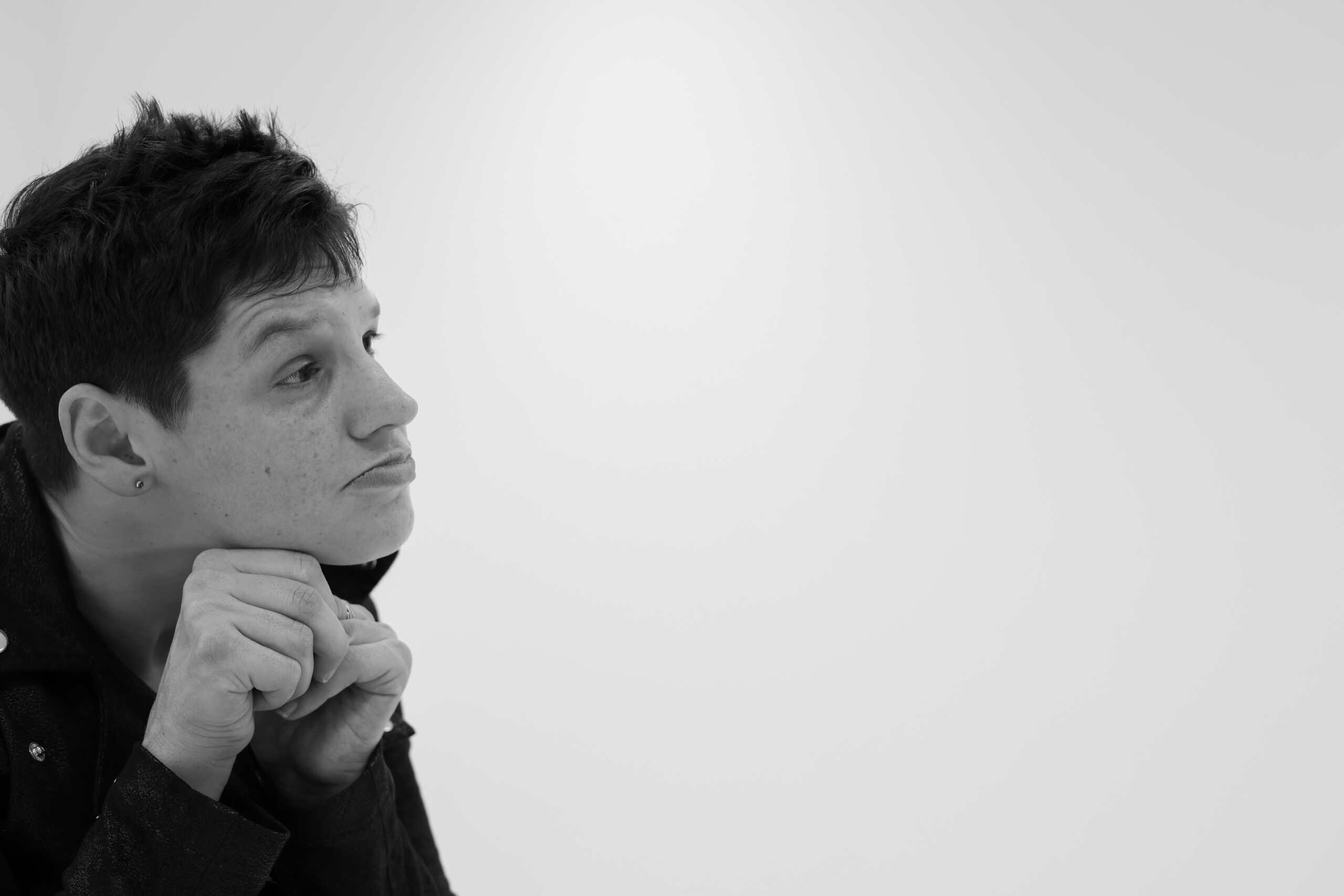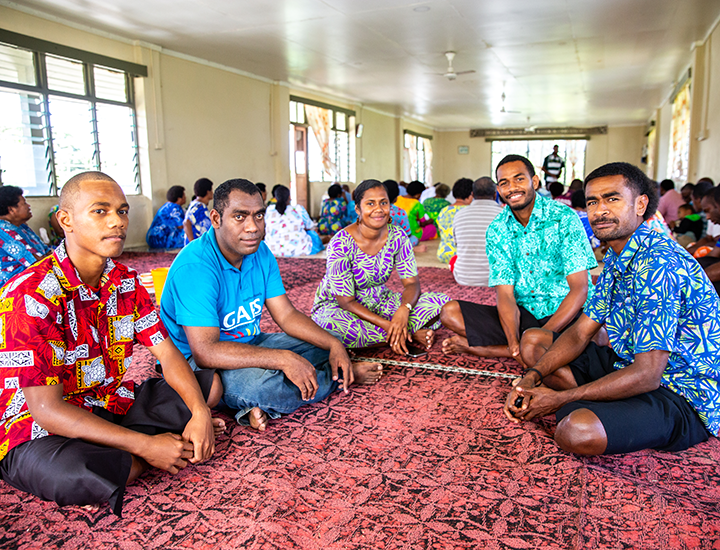CBM Australia responds to commitments from Global Disability Summit
Media-release, Stories | March 15, 2023
CBM Australia welcomes the commitments made by the Australian Government at the first Global Disability Summit, held in London overnight.
“The Global Disability Summit created a platform for people with disabilities to make their mark on the foreign policy stage,” said Raine Dixon, CBM Australia’s Director of Inclusive Development.
“By making space for disabled people’s organisations (DPOs) alongside the world’s governments to share insights and lessons, important conversations have begun. We hope that the commitments made by governments, multilateral agencies and civil society will translate these conversations into action.”
“We were pleased to see the Australian Government commit to supporting and upholding the rights of people with disabilities affected by the Syrian conflict,” said Ms Dixon.
“Almost a quarter of Syrian refugees experience disability in some form. This results from physical injuries, protracted psychosocial trauma, and the practice of causing disability – for example through spinal injuries – as a weapon of war.
“The need is particularly acute for children. Working with a DPO partner in Jordan, CBM staff met nine-year-old Nada, who was born with a disability. Living as refugees in Jordan, her family were not able to get her accepted into a school. She implored of us, “put me in school, I want to study”. We hope to see this funding prioritise inclusion to make a real difference in lives like Nada’s.”
Ms Dixon also expressed support for the Australian Government’s commitments relating to Pacific investments, namely a situational analysis of the experiences of Deaf people in the region and a feasibility study into the procurement and distribution of assistive devices. She noted the dire lack of services and support in the Pacific, and the long-term impact for people with disabilities.
“In our Leave No One Behind report last year, we highlighted the absence of formal sign language in much of the Pacific. Without language, countless Deaf people are unable to access mainstream aid initiatives in education, employment, access to justice or community decision-making.
“Deaf people without shared sign language also experience isolation, often leading to mental health issues. Around one-quarter of all Deaf people also experience psychosocial disability.
“For Deaf women, men, girls and boys across the Pacific, the formalisation and socialisation of sign language is an urgent need – one that we are glad to see the Australian Government taking a lead in addressing.
“To ensure that all people with disabilities benefit from the increased focus of Australian aid in the Pacific region, we need to consider the services and devices needed to make Australian aid accessible. This is why we also welcome the important first steps towards making assistive devices more readily available.”
During the Global Disability Summit, CBM International also made a number of organisational commitments in key areas including humanitarian response and the inclusion of women and girls with disabilities, noted Ms Dixon.
“To keep the momentum of the Summit going, we need to move from aspirations to action. We look forward to continuing to work alongside the Australian Government and disabled people’s organisations to advance and hold one another accountable to these commitments.”
To watch Nada’s story, and more stories from Syrian refugees with disabilities, please visit CBM’s End the Cycle.
CBM Australia is a Christian international development organisation, committed to improving the quality of life of people with disabilities in the poorest countries of the world.
CBM Australia is an ACFID member and part of the Campaign for Australian Aid.
https://www.cbm.org.au/media-release/cbm-australia-responds-commitments-made-global-disability-summit
Related Stories

Week 2 – Lent series 2025
Lent, Solidarity and Lament “It’s like I’ve woken up in an alternate universe.” These words I have said a few times over the last three weeks....

Building a Just and Inclusive Future: Disability-Inclusive Disaster Risk Reduction and Climate Action
People with disabilities are among the hardest hit by...

Week 1 – Lent series 2025
Being held by Jesus…held together by Jesus, invites us to lean into solidarity. As we begin Lent today, we will be reflecting on the theme...
